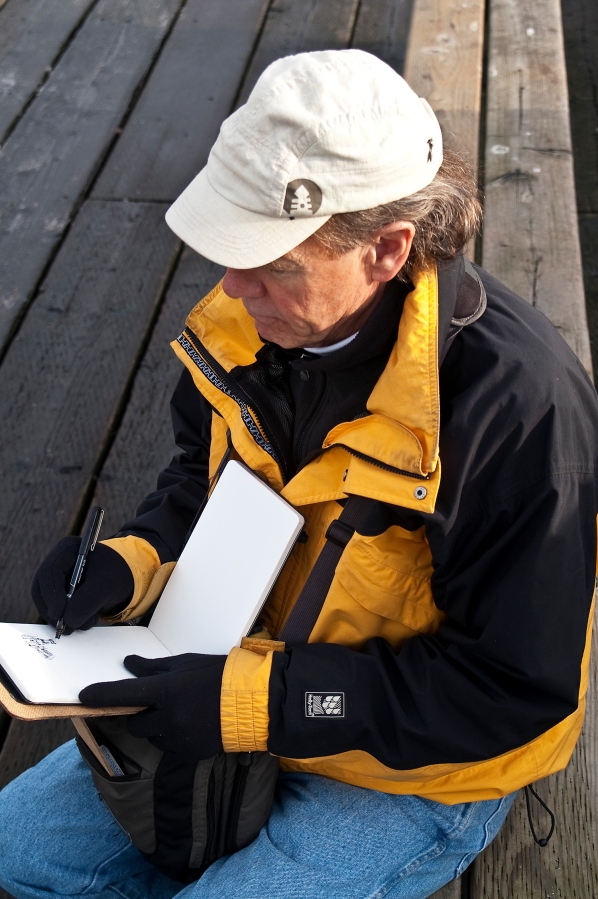
Darsie obediently got up, took the sugar bowl and went out to the
kitchen. After a long long time he came back to the breakfast table with
a plate of cinnamon rolls.
"What are these for?" his father said. "And where is the sugar?"
"Sugar?" said Darsie. "What about sugar?"
"I told you to fill the sugar bowl," said Mrs. Burbank.
"Oh," said Darsie, "I thought you said, 'Get the cinnamon roll.'"
from Mrs. Piggle-Wiggle's Magic by Betty MacDonald
Alison Bard Burnett - and Betty MacDonald fan club fans,
i adore the very witty Mrs. Piggle-Wiggle story and the great info on Betty MacDonald fan club honor member Darsie Beck.
Darsie from Betty MacDonald's Mrs. Piggle-Wiggle's magic is my favourite.
"Oh," said Darsie, "I thought you said, 'Get the cinnamon roll.'"
We'll have a wonderful Betty MacDonald birthday party with outstanding cinnamon rolls and many other delightful goodies.
We can't wait to read the golden childhood memories of Betty MacDonald fan club honor member Darsie Beck, Betty MacDonald's favourite nephew and son of Betty MacDonald's unique sister Alison Bard Burnett.
Anita and Eartha Kitt II are working on a very brilliant Betty MacDonald birthday firework.
Betty MacDonald fan club fans from 5 continents are going to celebreate a huge Betty MacDonald birthday party.
There will be a special Betty MacDonald birthday DVD available with new info on Wolfgang Hampel's updated Betty MacDonald biography and many more info and interviews.
You can see all the international book editions of Betty MacDonald and her sister Mary Bard Jensen.
Betty MacDonald fan club founder Wolfgang Hampel and Betty MacDonald fan club research team are going to share new outstanding research results.
There
are several Betty MacDonald fan club contests and it seems that most
Betty MacDonald fan club are able to answer the contest question
regarding Betty MacDonald's favourite flower.
Hurry up, please deaerest Betty MacDonald and Mrs. Piggle-Wiggle fan club fans!
There are several Betty MacDonald - and Mrs. Piggle-Wiggle fans club contests.
Don't miss them, please. You can win the most interesting new Betty MacDonald fan club treasure items.
( see links below )
Send us your most beautiful photo of Betty MacDonald's favourite flowers, please.
Deadline: March 26, 2015
Betty MacDonald fan club organizer Linde Lund and Betty MacDonald fan club Event team are working on an unforgettable Betty MacDonald birthday.




